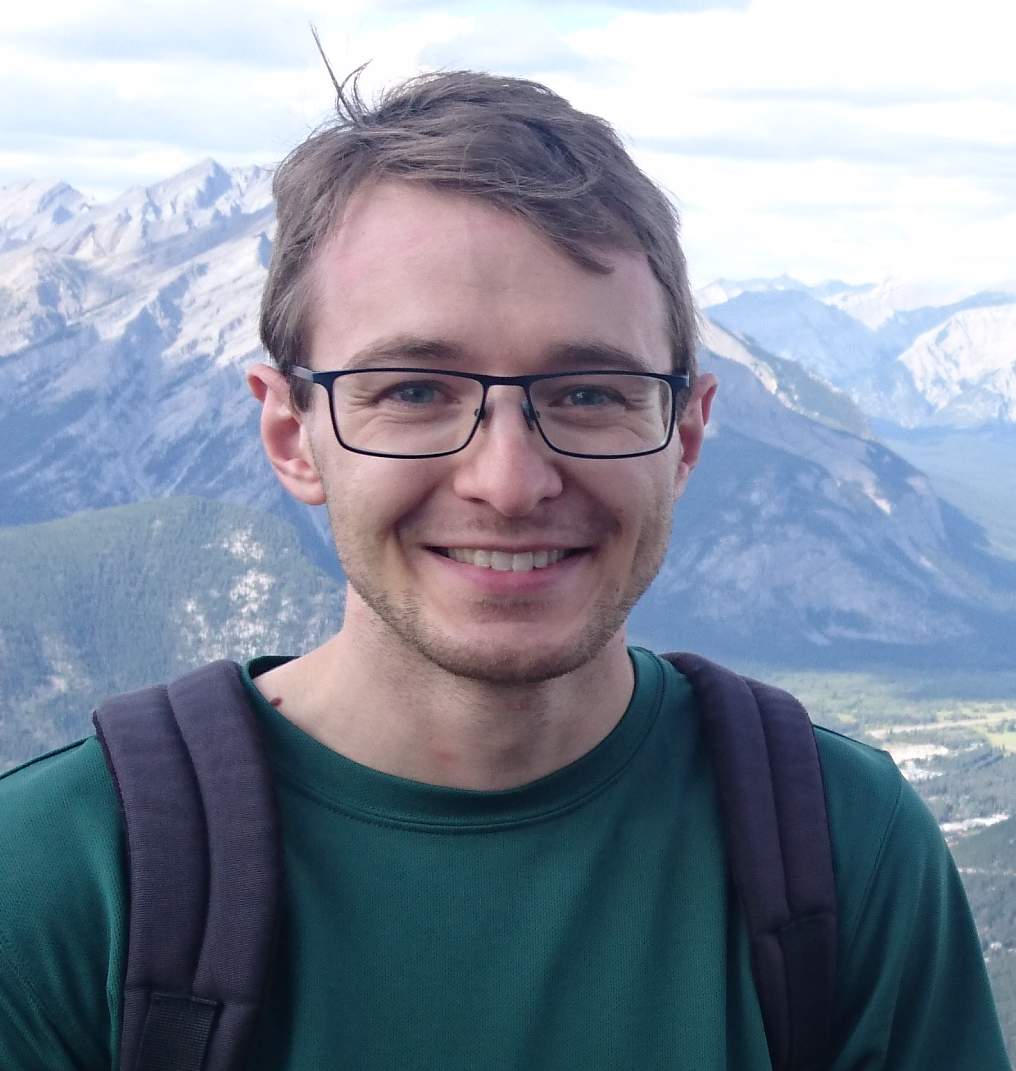Dissertation Defense
Theory of lightwave-driven quantum electronics in solids
This event is free and open to the publicAdd to Google Calendar

Lightwave electronics is based on the idea of using the instantaneous field of strong optical waves to drive and manipulate electronic states on ultrafast time scales. It can enable petahertz processing, make the quantum properties of electronic states in solids accessible for quantum information applications, and provide access to correlated many-body states in solids. In this Thesis, I present a comprehensive many-body quantum theory based on the quantum-dynamic cluster expansion approach to quantitatively describe lightwave-driven many-body excitations in quantum materials.
The theory is applied to analyze lightwave excitations in quantitative theory–experiment comparisons which led to the development of an ecosystem of new lightwave-based techniques to characterize quantum materials and probe quantum correlations in situ. The theory is also extended to describe spatially inhomogeneous excitations and nanostructures.
Chair: Mackillo Kira
 MENU
MENU 
